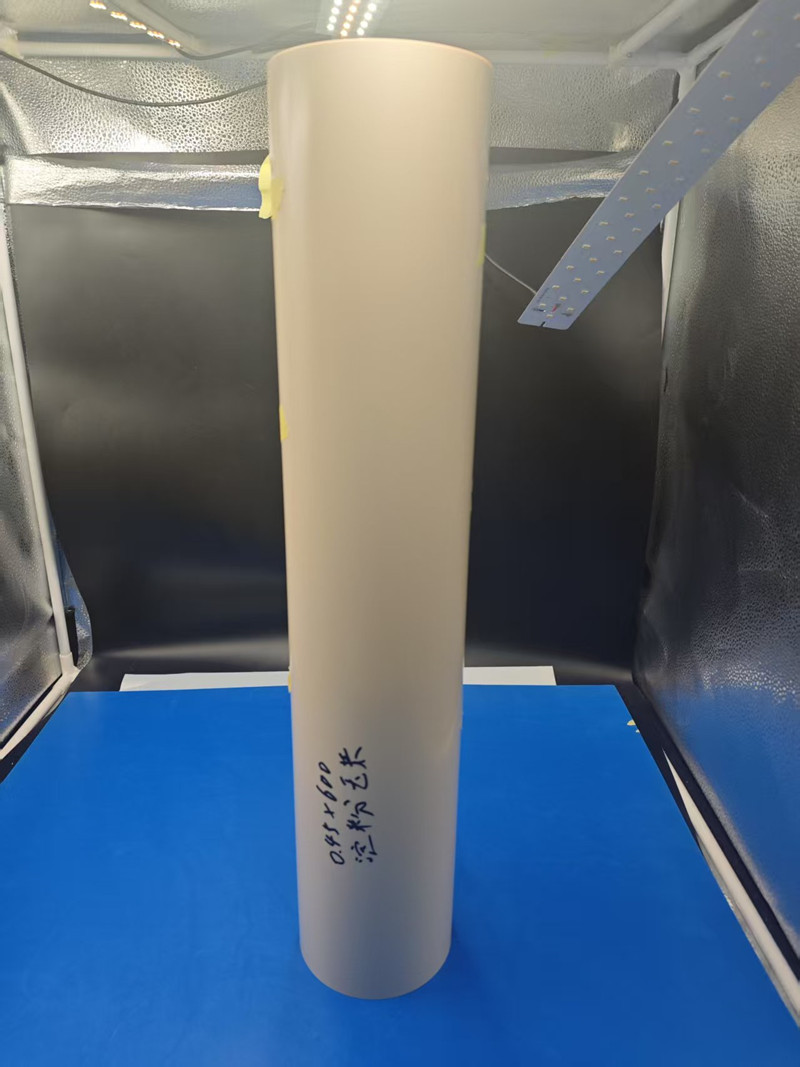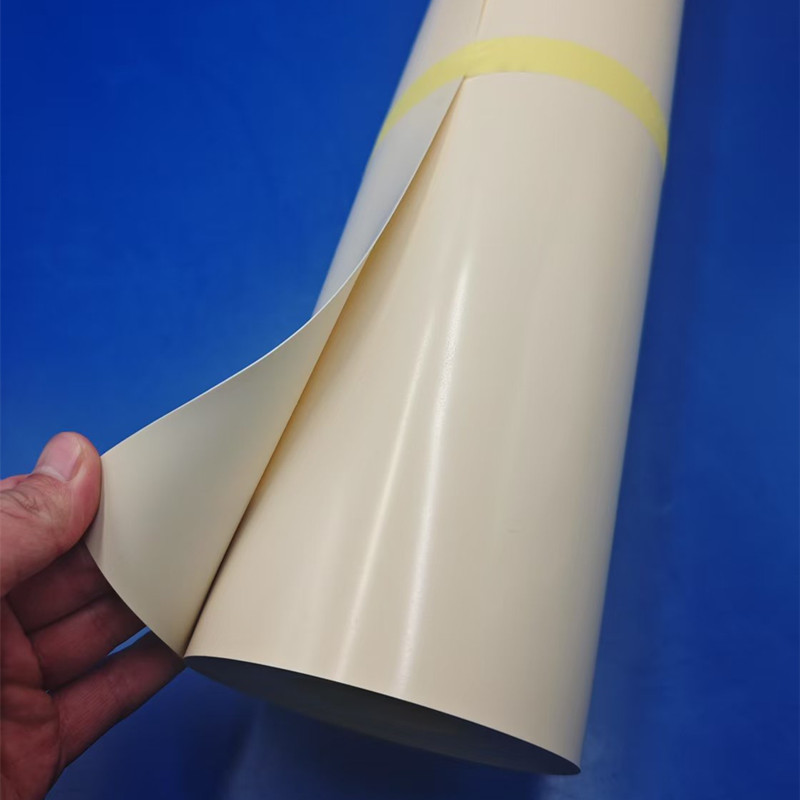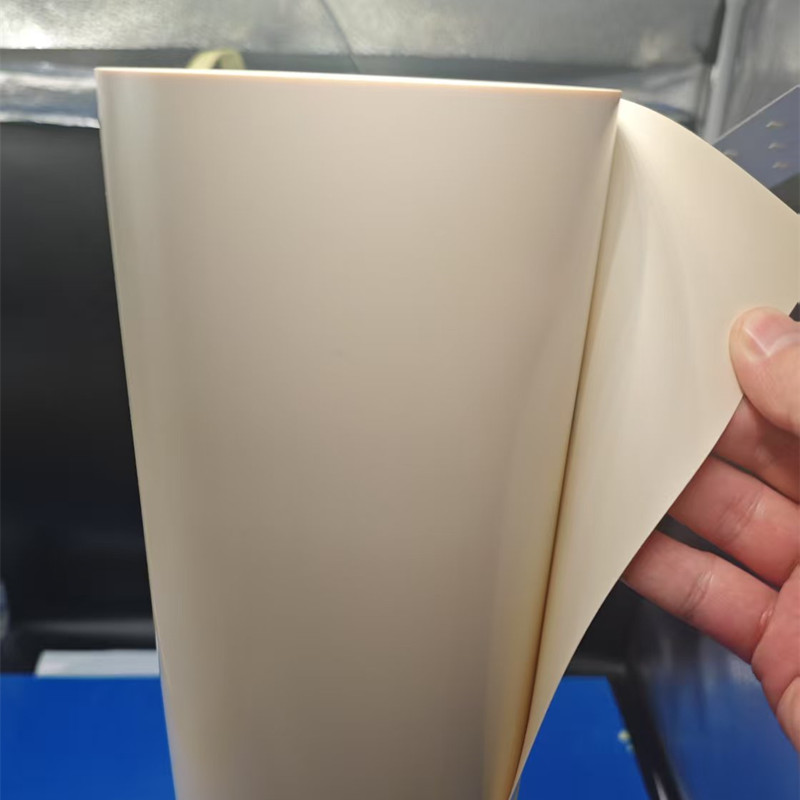
Bio-based starch biodegradable sheet
2025-03-28 17:03Bio-based starch biodegradable sheets are a type of environmentally friendly material that is made primarily from natural, renewable resources such as corn, potato, or tapioca starch. These sheets are designed to break down naturally in the environment, reducing the accumulation of plastic waste and its associated environmental impact. Here’s an introduction to bio-based starch biodegradable sheets:
Composition
- Starch: The primary component, typically derived from crops like corn, potatoes, or cassava.
- Additives: Other biodegradable polymers, plasticizers, and additives may be included to enhance properties such as flexibility, strength, and durability.
Properties
- Biodegradability: These sheets can decompose into natural elements like water, carbon dioxide, and biomass through biological processes, often within a few months to a few years, depending on the conditions.
- Compostability: Many bio-based starch sheets meet international standards for compostability, such as ASTM D6400 or EN 13432, meaning they can be safely composted in industrial composting facilities.
- Mechanical Properties: They can be engineered to have a range of mechanical properties, from flexible films to rigid sheets, suitable for various applications.
- Thermal Sensitivity: Starch-based materials can be sensitive to heat and moisture, which can affect their performance and shelf life. However, this can be mitigated with proper formulation and processing.
Applications
- Packaging: Used for food packaging, shopping bags, and other disposable items.
- Agriculture: Mulch films, seedling trays, and other agricultural applications.
- Consumer Goods: Biodegradable cutlery, plates, and cups.
- Medical and Hygiene Products: Some medical and hygiene products, such as wound dressings and personal care items.
Environmental Benefits
- Reduced Plastic Waste: By replacing conventional plastics, these sheets help reduce the amount of non-biodegradable waste in landfills and the environment.
- Renewable Resources: Made from renewable plant-based materials, which reduces dependence on fossil fuels.
- Lower Carbon Footprint: The production and disposal of bio-based starch sheets generally have a lower carbon footprint compared to traditional plastics.
Challenges
- Cost: Bio-based starch sheets can be more expensive to produce than conventional plastics, although economies of scale and technological advancements are helping to reduce costs.
- Performance: While significant progress has been made, some bio-based starch materials may not match the performance characteristics of traditional plastics in terms of durability, barrier properties, and resistance to heat and moisture.
- End-of-Life Management: Proper disposal infrastructure, such as industrial composting facilities, is necessary to ensure that these materials are effectively managed at the end of their useful life.
Future Prospects
- Research and Development: Ongoing research is focused on improving the properties of bio-based starch materials, making them more competitive with conventional plastics.
- Regulatory Support: Governments and organizations are increasingly supporting the use of biodegradable materials through policies and incentives.
- Market Growth: As consumer awareness and demand for sustainable products increase, the market for bio-based starch biodegradable sheets is expected to grow.
Composition
- Starch: The primary component, typically derived from crops like corn, potatoes, or cassava.
- Additives: Other biodegradable polymers, plasticizers, and additives may be included to enhance properties such as flexibility, strength, and durability.
Properties
- Biodegradability: These sheets can decompose into natural elements like water, carbon dioxide, and biomass through biological processes, often within a few months to a few years, depending on the conditions.
- Compostability: Many bio-based starch sheets meet international standards for compostability, such as ASTM D6400 or EN 13432, meaning they can be safely composted in industrial composting facilities.
- Mechanical Properties: They can be engineered to have a range of mechanical properties, from flexible films to rigid sheets, suitable for various applications.
- Thermal Sensitivity: Starch-based materials can be sensitive to heat and moisture, which can affect their performance and shelf life. However, this can be mitigated with proper formulation and processing.
Applications
- Packaging: Used for food packaging, shopping bags, and other disposable items.
- Agriculture: Mulch films, seedling trays, and other agricultural applications.
- Consumer Goods: Biodegradable cutlery, plates, and cups.
- Medical and Hygiene Products: Some medical and hygiene products, such as wound dressings and personal care items.
Environmental Benefits
- Reduced Plastic Waste: By replacing conventional plastics, these sheets help reduce the amount of non-biodegradable waste in landfills and the environment.
- Renewable Resources: Made from renewable plant-based materials, which reduces dependence on fossil fuels.
- Lower Carbon Footprint: The production and disposal of bio-based starch sheets generally have a lower carbon footprint compared to traditional plastics.
Challenges
- Cost: Bio-based starch sheets can be more expensive to produce than conventional plastics, although economies of scale and technological advancements are helping to reduce costs.
- Performance: While significant progress has been made, some bio-based starch materials may not match the performance characteristics of traditional plastics in terms of durability, barrier properties, and resistance to heat and moisture.
- End-of-Life Management: Proper disposal infrastructure, such as industrial composting facilities, is necessary to ensure that these materials are effectively managed at the end of their useful life.
Future Prospects
- Research and Development: Ongoing research is focused on improving the properties of bio-based starch materials, making them more competitive with conventional plastics.
- Regulatory Support: Governments and organizations are increasingly supporting the use of biodegradable materials through policies and incentives.
- Market Growth: As consumer awareness and demand for sustainable products increase, the market for bio-based starch biodegradable sheets is expected to grow.



Get the latest price? We'll respond as soon as possible(within 12 hours)
